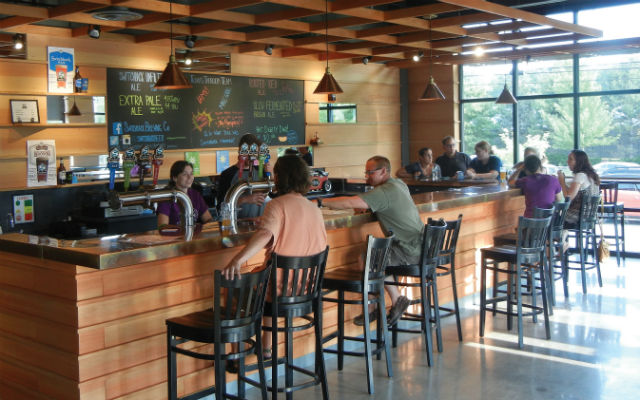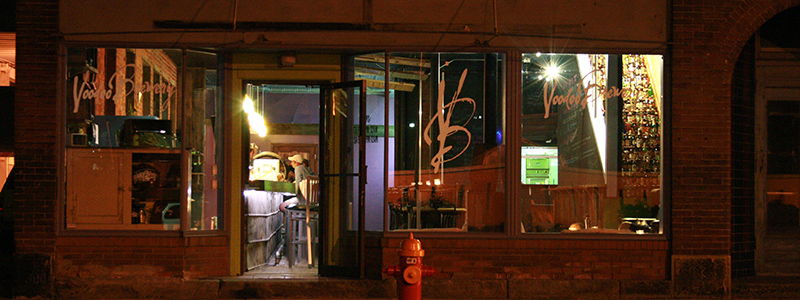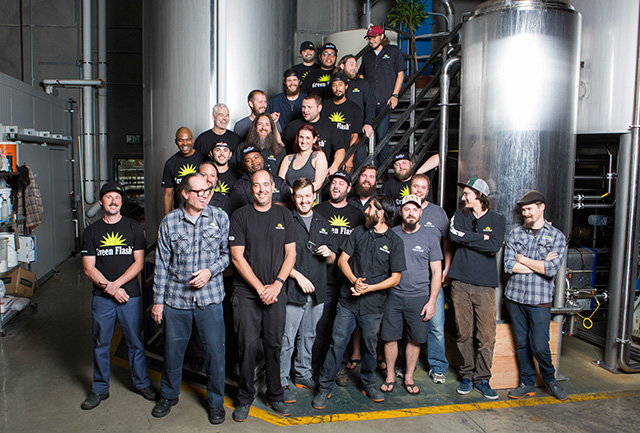
Although it is a long and tedious process, the switch to an Employee Stock Ownership Plan (ESOP) has been the move for nearly a dozen craft breweries across the country. Many have made this business decision in the past five years.
ESOPs are a qualified plan, like a 401k, but instead of being invested in mutual funds, it’s invested in the brewery itself. It’s not diversified. It is subject to many state and federal laws and overseen by the IRS. It’s a tax-free entity, so whatever the ESOP owns, it doesn’t have to pay taxes on it. It’s differed until the co-workers take out their money when they retire.
Many breweries have spoken to Brewer about why they switched and we centered on three reasons why it was done.
CULTURE
ESOPs are tied to a brewery’s culture, and the “everyone gets the job done mentality” seems to fit perfectly with many of the breweries in the country.
“We’ve always worked in an open atmosphere, we shared revenue and profits even before this. The books are open,” said Odell Brewing CFO Chris Banks. Odell made its ESOP transition in July, 2015. “We have always kind of felt we have had that ownership culture, now we are just backing it up with equity options for the co-workers.”
Switchback Brewing was already an open book company, sharing financial information with the entire staff, noted Bill Cherry, the brewery’s Brewmaster and President. “So we already had a very inclusive management style, and the employees were pretty well educated on costs and profitability. As the reality of the ESOP sinks in, everyone is becoming laser focused on expenses and productivity. The employees are beginning to take initiative on long term planning and cost control.”
INVESTMENT
Investing in human resources is investing in growth, explained Modern Times majority owner and founder Jacob McKean.
“It’s shortsighted to think that only buying equipment or real estate is investing in growth. The people who work at Modern Times are our single most significant competitive advantage. Investing in motivating them, retaining them, and attracting more people like them is the smartest strategic play we could make.”
The ESOP provided Cherry a way to lock in a succession plan while staying completely involved with the company.
“I was not looking to leave or cash out,” he said. “Neither a buyout from a large brewery or venture capital was appealing. I felt that type of new ownership would drive the brewery into a growth mode that was antithetical to the company’s ethos of working for the beer and the employees. I had no interest in walking away from the brewery I had founded. The ESOP provided a way for me to hand off the brewery to the people I most trust to carry on its legacy, and begin taking some financial reward while I’m relatively young.”
PEOPLE
Calling it a “competitive advantage,” Jake Voelker, a Principal of Voodoo Brewery said one of the happiest days of his life as a small business owner was announcing to his 17 employees they were becoming a part of the ownership team.
“They are practically family and this is a way to help provide for them and show that this is something that we want around for a long time, and have them be a part of it,” he said. “A bar back, a brewer, a principal, you get the same opportunity as everyone else. It’s just about us giving back to the people that got us to this point already. When we told them they aren’t just going to be a guy we put on the schedule, they are going to be my business partner, the creative ideas started to float to the top. You start to see the commitment.”







Be the first to comment